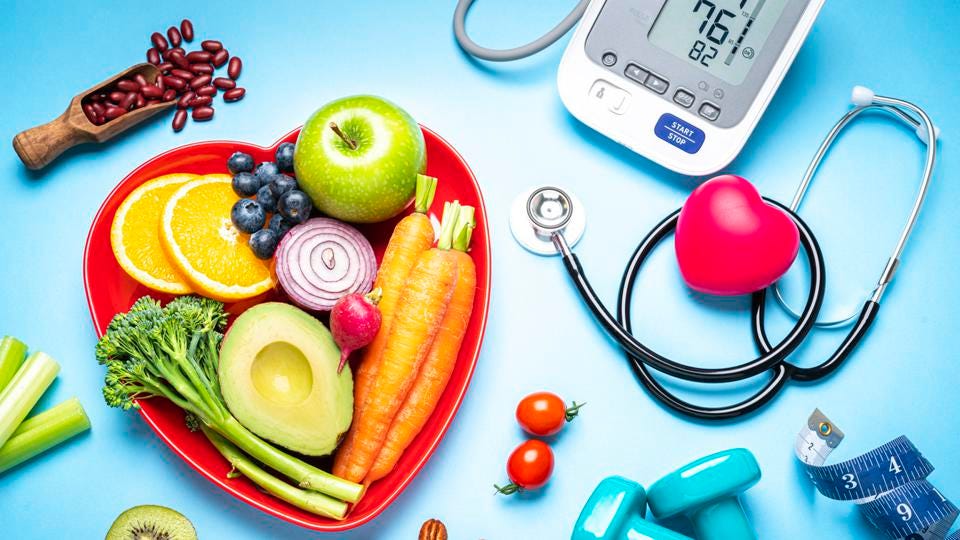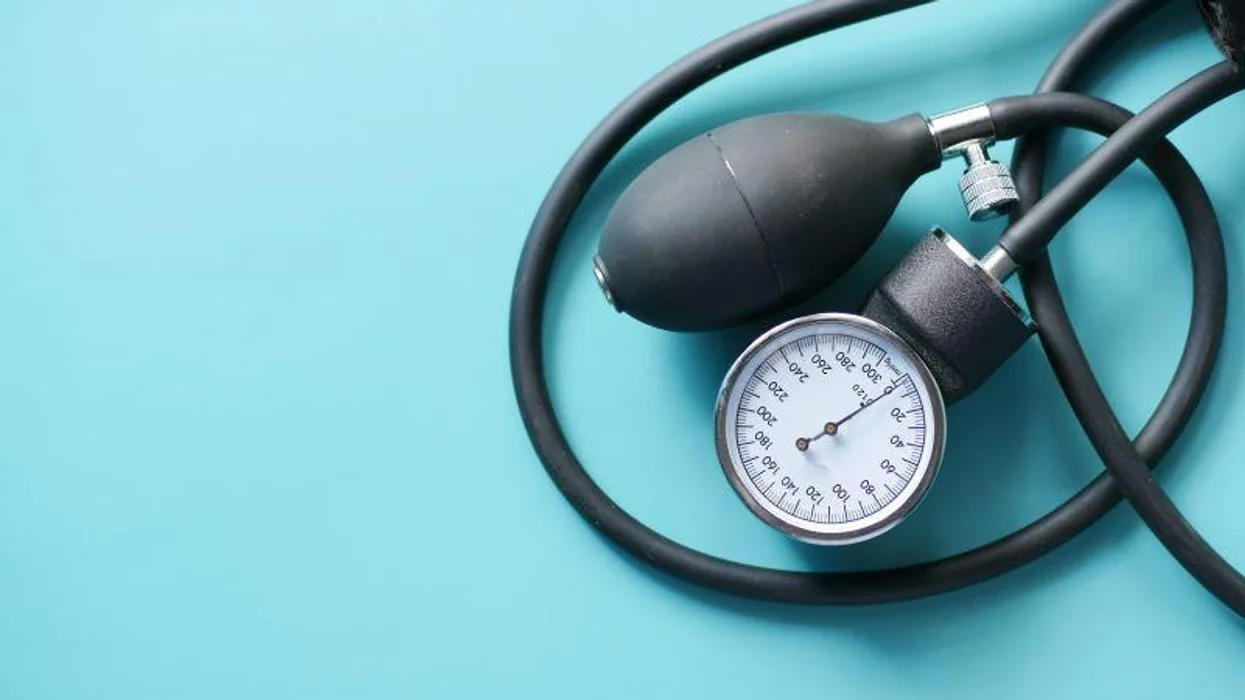If hypertension is not treated in its early stages, it may become a problem. Hypertension cannot be cured, but it may be controlled with medicine and some lifestyle changes. A paralytic stroke can be caused by hypertension. Additionally, it may result in renal and cardiac problems. Preventing hypertension in its early stages can enhance your quality of life and shield you from related health problems. The best outcomes for hypertension will be achieved over time with healthy lifestyle adjustments. Let’s try to comprehend the several ways you might enhance your way of life.
Read More: Midlife Revival: Embracing Change and Creating a New Beginning.
The two elements that define hypertension are the volume of blood the heart pumps out and obstruction, which raises the resistance to blood flow in the arteries. There are two forms of high blood pressure.
1. Degree Hypertension
In the case of primary hypertension, there are no known causes, and the condition steadily worsens with advancing age.
2. Subsequent Hypertension
In certain circumstances, an underlying ailment may be the cause of hypertension. Secondary hypertension is what this is, and it appears out of nowhere and grows quickly. Secondary hypertension results in greater blood pressure than original hypertension.
Along with underlying disorders, the following are some of the secondary hypertension’s different causes:
- kidney conditions
- Obstructive snoring
- Thyroid issues
- Tumours in the adrenal gland
- A birth abnormality affecting the blood vessels
- Decongestants, birth control pills, painkillers, and even certain prescription drugs are among the medications.
- Illicit drugs, such as cocaine
- Risks of High Blood Pressure
Additional risk factors for hypertension include:
Obesity: You will require greater blood flow to provide the necessary oxygen and nutrients to tissues if your weight has increased excessively. Blood pressure increases as a result of increased pressure on artery walls.
Stress: When you’re under a lot of stress, your blood pressure may rise. Stress-related habits, such as smoking, drinking alcohol, overeating, etc., can contribute to high blood pressure.
Age: Women are more likely to acquire hypertension beyond the age of 65 than males, who are more susceptible to it up until around 64.
Rise in sodium levels: The body retains fluids as a result of high sodium levels. Blood pressure is raised as a result.
Sedentary lifestyle: Less exercise causes the heart rate to increase. Blood flow will increase along with heart rate, putting more strain on artery walls as a result. Sedentary behaviour is another factor in weight gain.
Pregnancy: Pregnancy can occasionally result in elevated blood pressure, which normalises after delivery.
Alcohol: Drinking alcohol in moderation could not be harmful to your health. However, drinking too much could raise your blood pressure.
Symptoms of hypertension
Since there are no signs until the illness is severe, hypertension is a silent killer. After age 40, frequent blood pressure monitoring is the best technique to determine if you have hypertension. When the illness is serious, there can be hypertension symptoms, though. The following signs suggest seeing a doctor if you experience them:
- Terrible headache
- Fatigue
- A nosebleed
- Abnormal heartbeat
- Having trouble breathing
- Problems with vision
- Chest discomfort
- Urethral blood
- Dizziness
- Sleep problems
Modifying Your Lifestyle to Lower Blood Pressure
When you detect your blood pressure rising over the recommended range, you should take precautions by making the following lifestyle changes:
1. Quit smoking
After each smoke, your blood pressure remains elevated for a few minutes. As soon as you quit smoking, the level returns to normal. If you want to keep your blood pressure under control, stop smoking. It goes without saying that quitting smoking can enhance your general health.
2. Plan a Healthful Diet.
To lower blood pressure, alter your diet by include healthy grains, fruits, vegetables, low-fat dairy products, etc. Although changing your eating habits overnight may not be possible, you can do it by using these simple advice:
- Regularly watch what you consume. You can determine how healthy or unhealthy your eating habits are by keeping track of everything you consume for a week.
- Include potassium-rich foods. Potassium affects the body’s sodium levels, which in turn governs blood pressure.
- Read the contents on the food label whenever you purchase, and when you eat out, keep an eye on your plate.
- Limit your salt consumption.
3. Focus on Stress Reduction
Blood pressure and stress are linked. Blood pressure levels might rise as a result of ongoing stress. It’s critical to establish coping mechanisms if you experience stress on a regular basis. Avoid using tobacco or alcohol as stress relievers since they will only harm you by raising your blood pressure. Analyse the causes of your stress instead, then take the appropriate action. To gain perspective, you might also attempt counselling.
4. Reduce your caffeine intake
Caffeine may not affect your blood pressure if you are not accustomed to ingesting it. When those who seldom drink coffee do so, their blood pressure may rise by 10 mm Hg as a result. After consuming caffeinated beverages like coffee or tea, you can check your blood pressure 30 minutes later. Your blood pressure may be impacted by coffee use if you have a 5 to 10 mm Hg spike in readings.
5. Drink alcohol sparingly
When alcohol is used in moderation, such as 12 ounces of beer or 5 ounces of wine each day, blood pressure can be lowered by 4 mm Hg. However, this effect is eliminated with heavy alcohol use, which can also raise blood pressure. Additionally, it can lessen the medication’s effectiveness.
Also, Read- Transform Your Mental Health with These 6 CBT Techniques.









